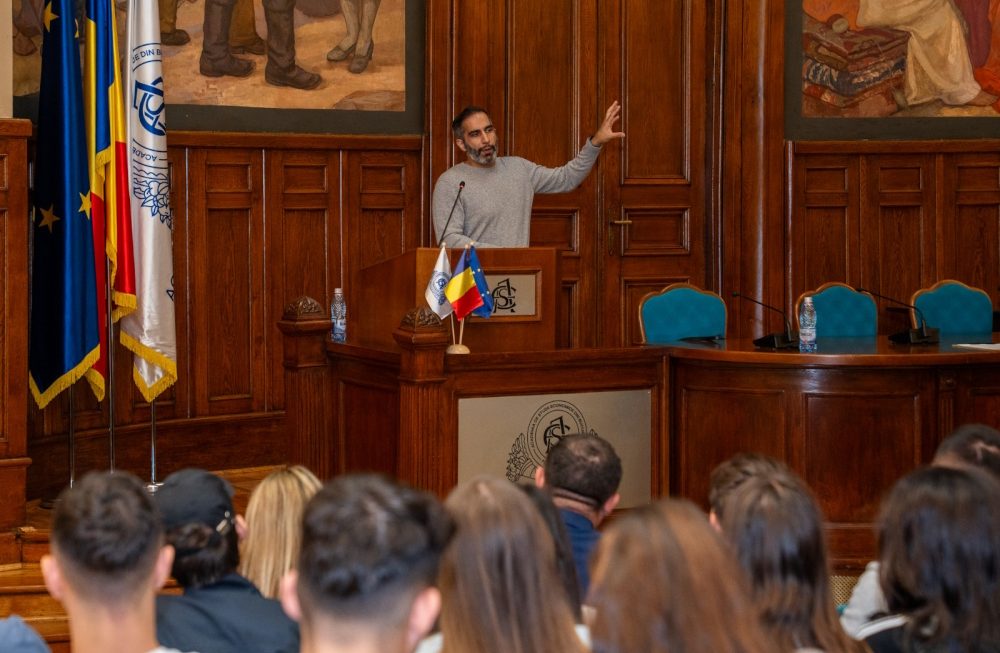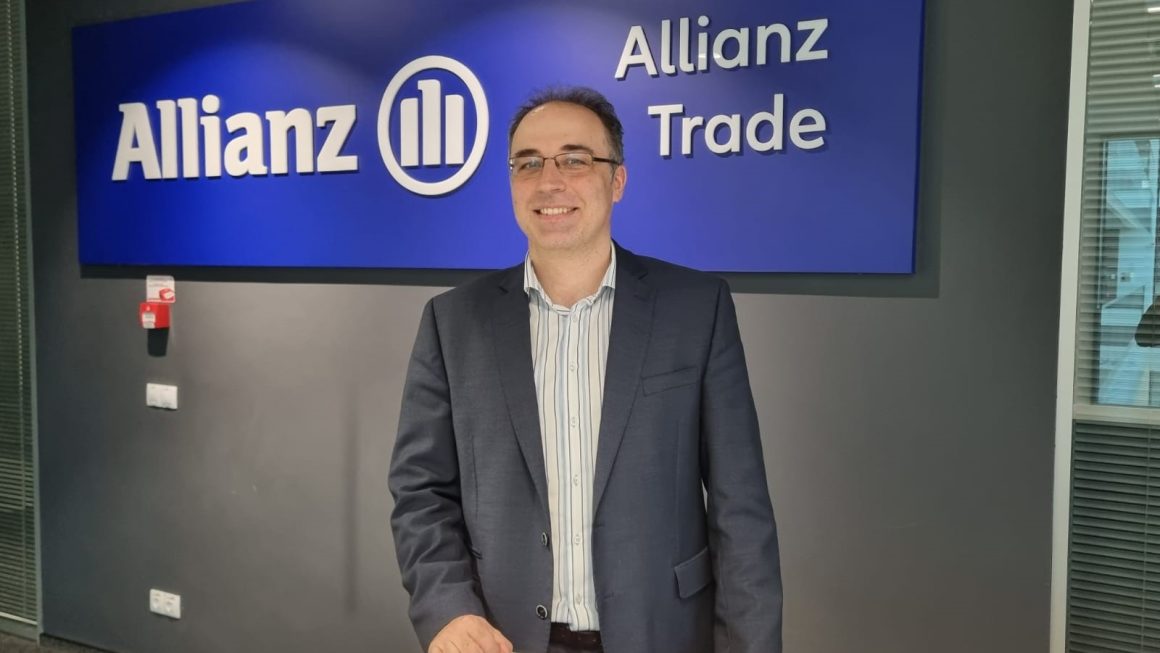
Global economy – from recession to recovery. But at what pace?
violetkaipa / depositphotos.com
On the 5th of January 2021, World Bank announced from Washington D.C. that global economy is expected to expand by 4% in 2021, assuming that the initial COVID-19 vaccine rollout becomes widespread throughout the year. However, the world credit institution shows that economic recovery will likely be subdued, unless political decision-makers act more decisively to stop the pandemic and apply reforms meant to increase investments. Pandemic took its toll of deaths and diseases, plunged millions in poverty and may keep economic activity and incomes in depression for a prolonged period of time. Main short term political priorities include controlling the spreading of COVID-19 and ensuring large scale vaccination. World Bank said that in order to support economic recovery, authorities need to facilitate a re-investment cycle which aims a sustainable growth, less dependent on public debt.
„While the global economy appears to have entered a subdued recovery, policymakers face formidable challenges – in public health, debt management, budget policies, central banking and structural reforms – as they try to ensure that this still-fragile global recovery gains traction and sets a foundation for robust growth,” said World Bank Group President David Malpass. „To overcome the impacts of the pandemic and counter the investment headwind, there needs to be a major push to improve business environments, increase labour and product market flexibility, and strengthen transparency and governance.”, said the head of WB.
Experts estimate that the economic activity collapse in 2020 was less severe than initially projected, mainly due to less profound contractions in advanced economies and a more robust recovery in China. On the other hand, the activity discontinuation in the majority of other emergent markets and developing economies was more acute than expected. „Financial fragilities in many of these countries, as the growth shock impacts vulnerable household and business balance sheets, will also need to be addressed”, Vice President and World Bank Group Chief Economist Carmen Reinhart said.
Short term perspectives remain highly uncertain and different outcomes are still possible, the World Bank report shows. A negative scenario in which the number of infections continues to grow and mass vaccination is delayed could limit global expansion to 1.6% in 2021. By contrast, a positive scenario in which the pandemic is successfully stopped and a rapid vaccination process could lead to global growth to about 5%. In advanced economies, the rebound started last year, stalled in the third quarter, after a new wave of infections, pointing to slow and challenging recovery. USA GDP is expected to increase 3.5% in 2021, after an estimated 3.6% contraction in 2020. In the Euro area, the production is forecast to grow 3.6% this year, after a drop of 7.4% in 2020. The activity in Japan which decreased by 5.3% last year, will increase by 2.5% in 2021. Aggregated GDP in emerging markets and developing economies, including China is projected to grow by 5% in 2021, after a 2.6% contraction in 2020. China’s economy is expected to expand by 7.9% this year, after a drop of 2% in 2020. Excluding China, emerging markets and developing economies, are expected to grow by 3.4% in 2021, after a 5% contraction in 2020. Among low incomes economies, the activity is expected to increase by 3.3% in 2021, after an estimated 0.9% contraction in 2020.
At the beginning of the year, the optimism accompanying national vaccination campaigns was largely visible, as vaccines should control the Covid-19 pandemic expansion in 2021 as well, leading to a certain rebound of businesses everywhere to their „normal”, therefore, stock markets started 2021 with upside tendencies. Last year, aggressive and lengthy persistence worldwide of Covid-19 caused a severe economic recession, and several economic sectors just collapsed, but above them was governing a financial market that was not at the centre of this global crisis. Still, the international financial sector needs to face in its turn several menaces and sees few opportunities on the horizon.
A first dilemma of the 2021 finances consists of an increasing number of bankruptcies and payment defaults, as governmental efforts to fight Covid-19 pandemic economic impact ends. According to EIU Report, governmental financing and „tax tolerance” programs will fail to stop the increase of non-performing loans. State intervention helped only a part of the companies and households in difficulty to survive, many others being doomed to „drowning”. The appetite for large tax expenses requested by the state intervention is already decreasing in the largest part of the advanced economies and it is likely to end soon, even though central banks continue to follow low-interest rates, quantitative easing and business-targeted lending. Pandemic will continue to „turbo-fuel” digital payments, which were already spreading at a rapid pace before Covid-19. Today digital payments gain ground following the physical distancing efforts and avoiding contact with cards, touch screens and cash. It is expected that pandemic leaves behind the „marginalisation” of cash and even cards, in favour of mobile apps and „contactless” tools.
On other hand, there is a consensus regarding the start of economic growth and increase of assets prices after the shock caused by COVID-19 pandemic, as a Report on Financial Markets Tendencies and Risks drafted by the Financial Supervisory Authority states. Bloomberg notes that the main words dominating the forecasts of main banks and investment firms for 2021 are „recovery, revival, rotation and reset”. Allianz Investment Management considers that vaccines and mass immunization will end the virus. Biden administration will not bring major changes on the political stage, and FED will continue in 2021 as well the low rates interest rates monetary policy, creating a favourable context to economic recovery and resumption of risky assets growth. Goldman Sachs considers that economic revival will boost shares in cyclical sectors, as well as emergent markets. And JP Morgan forecasts below-average returns for many fixed-income instruments from cyclical sectors, currencies and goods.
In its turn, PwC’s report Global Economic Watch 2021 shows that global economy will expand this year by about 5%, being the fastest growth rate registered in the 21st century, being expected to revert to pre-pandemic level by the end of this year or early next year, at the latest. Even though the overall global economy will revert to pre-sanitary crisis level, this rebound will be uneven among countries, economic sectors and personal incomes. The recovery depends on the successful deployment of vaccines, as well as on accommodative fiscal, monetary and financial conditions of each of the respective countries.
It is clear that short term economic recovery will be a race between the virus and vaccines, but also between rich and poor. Global economy resets its priority on the fly, but revival could be even more fragile if it comes with a series of risks, as they could exacerbate the income losses and poverty increase. In its turn, World Bank reports a series of vulnerabilities, such as: failure to control the pandemic or delays in the vaccine rollout, rise of bankruptcies, governments’ impossibility to continue granting financial support and temporary layoffs could become permanent. International Monetary Fund sets its three key priorities for this year, that is: to achieve a sustainable crisis exit, to ensure a sustainable recovery favourable to inclusion and to stop and reverse increasing discrepancies between wealthy and poor countries. Kristalina Georgieva, Managing Director of IMF, acknowledges that the world is still facing „high uncertainties regarding the exit from the health crisis”, and 2021 is nothing more than another difficult period that has to be overcome. Inequalities between countries are growing, but the inequalities between different social categories are growing as well or between different regions inside each of the countries.
Worldwide vaccination brings a real hope to reset national economies, but the „sustainable recovery” mentioned by both the World Bank and the head of IMF is under question. Georgieva warned worldwide vaccination will be an uneven process and that international cooperation will be necessary, including full COVAX financing, a worldwide initiative to ensure equal access to vaccines against COVID-19. Moreover, IMF’s second priority (related to sustainable policies and favouring inclusion) requests new tax coordinated stimulus aiming ecologic and digital investments. But to reach this goal, IMF needs to make an important effort to help countries reduce the high debt burden and to face equity flow volatility.
Regarding discrepancies stopping, advanced economies managed to implement the equivalent of 20% of the GDP in fiscal aid, but for low-income countries, the fiscal aid reached only the equivalent of 2% of the GDP. This difference menaces to increase even more the gap between wealthy and poor countries. The gap will be felt in the following weeks, especially during vaccine deployment. The vaccine is for everyone, but it is not sure that the vaccine will reach everyone. And until lives and economies saving vaccine is administered, the world is still at the virus’ mercy. In race with the vaccine, the virus destroys lives and economies.
Daniel Apostol
Share
Share















